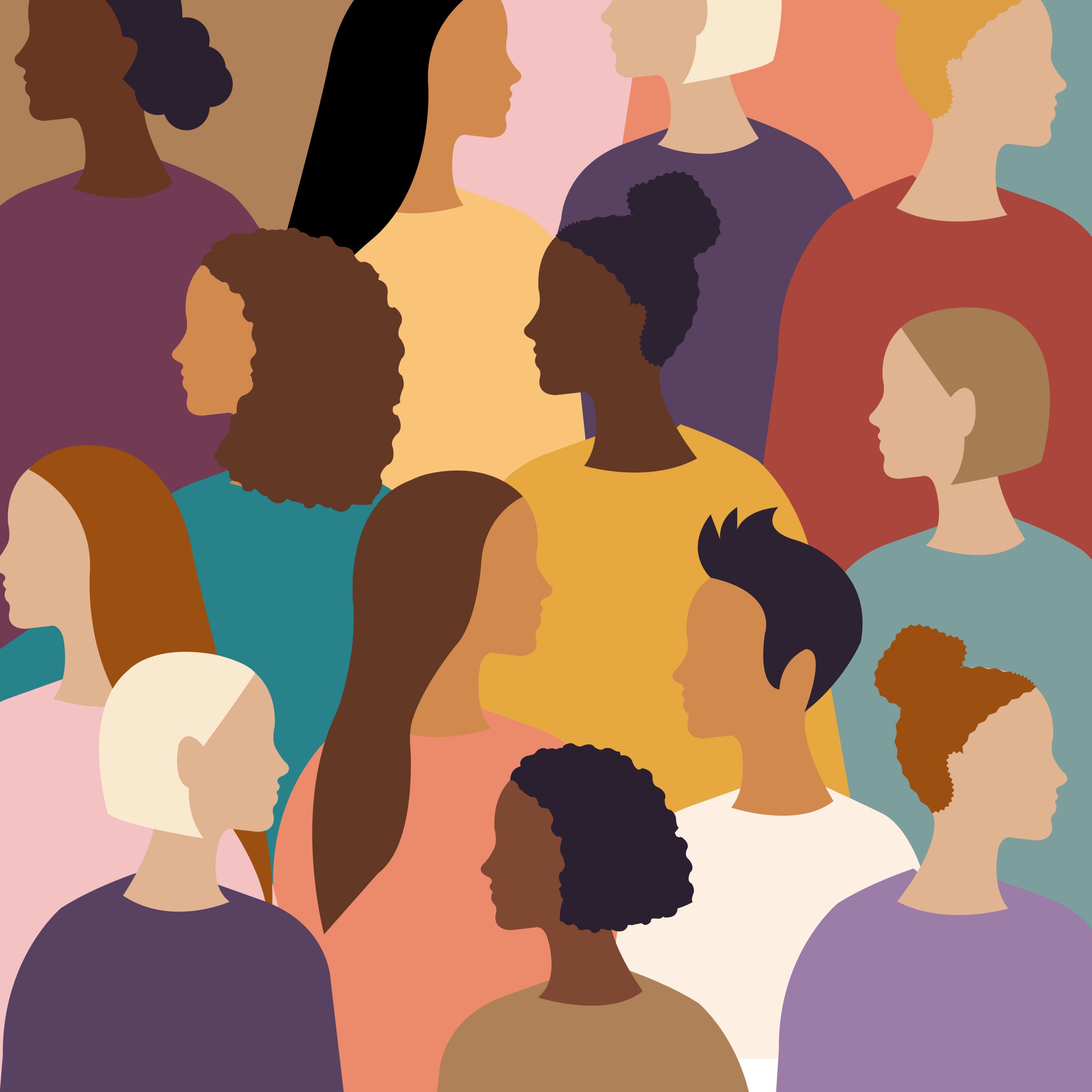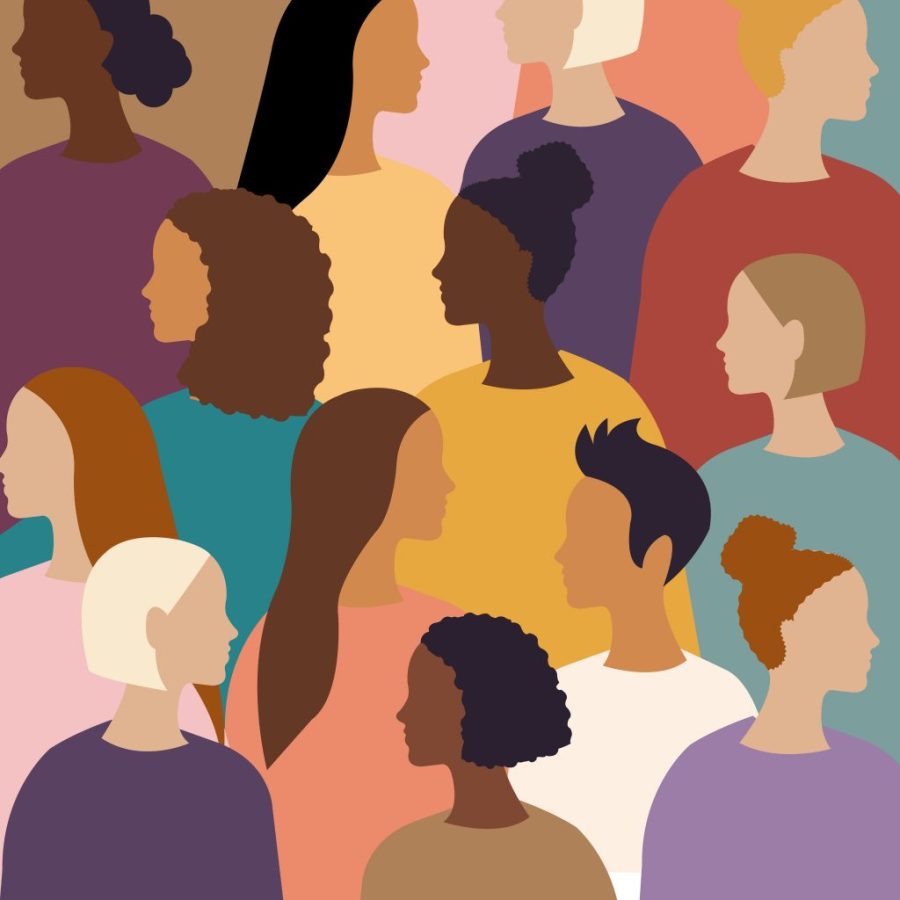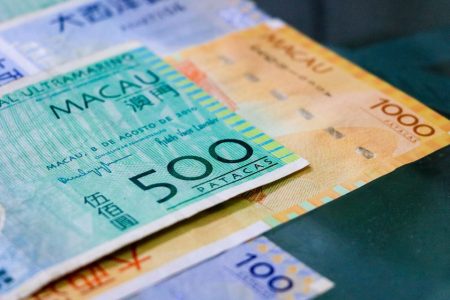When her daughter was born in 2018, stage manager Alice Kuok left her nearly decade-long career to recover from birth and care for her daughter. At the end of 2019, she was ready to return to work, so she enrolled her daughter in daycare and accepted a job at the same company – this time, in a part-time administrative role.
Less than a month later, the Covid-19 outbreak shut schools and daycare centres across Macao. Kuok had to quit job and resume her role as a stay-at-home mother, since her husband was the primary breadwinner.
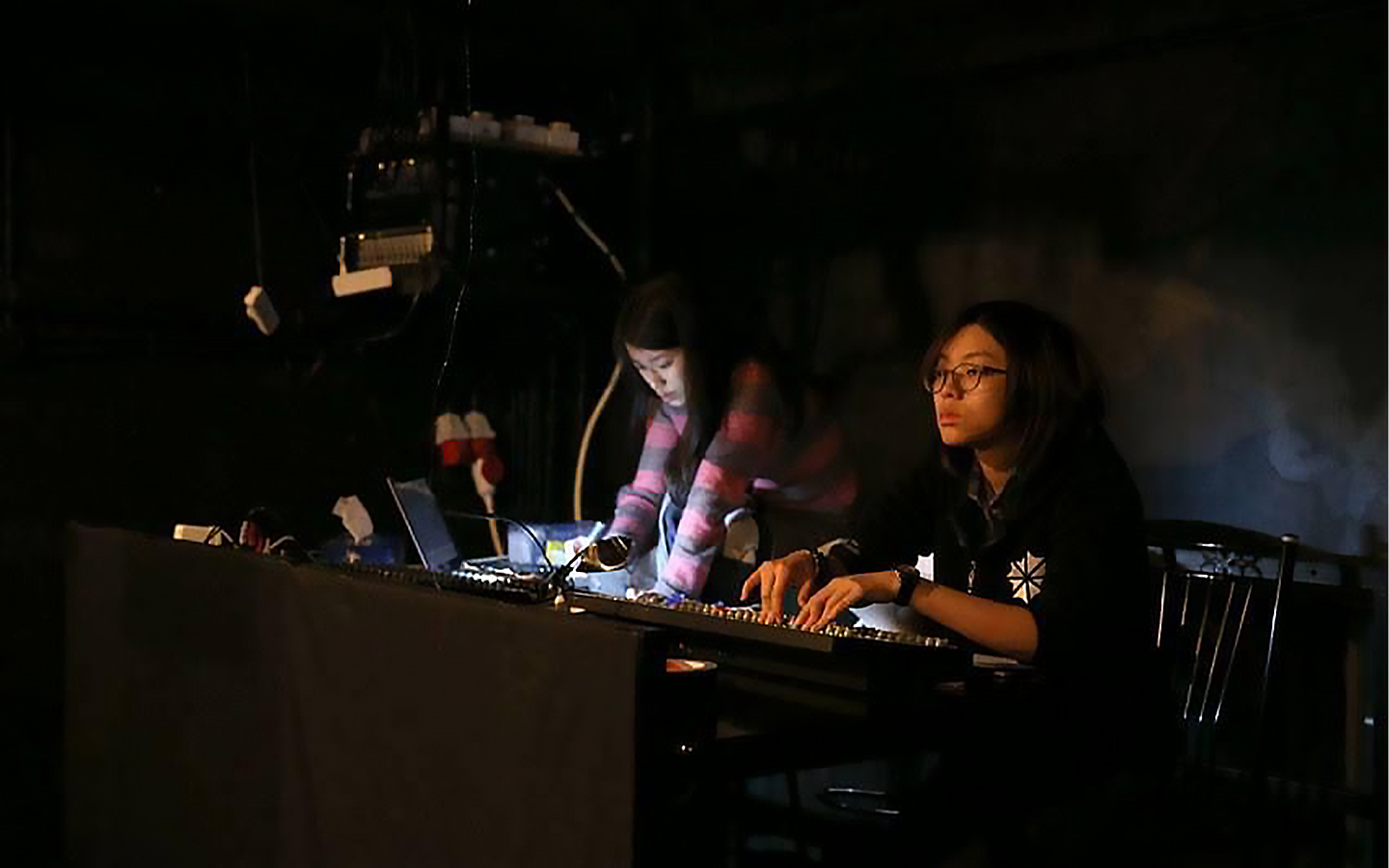
Kuok is not the only woman who has experienced career disruptions and other limitations during the pandemic. According to the World Economic Forum’s Global Gender Report 2021, which gauges equality using over a dozen different metrics, the pandemic has set back gender equality by almost four decades.
Before Covid-19 emerged, experts predicted that it would take nearly 100 years to reach gender parity across the globe. Since 2020, this figure has risen to 136.5 years. Meaning, the gender gap may not close for another five to six generations if nothing changes.
Despite strides in women’s education and healthcare in recent decades, the Covid-19 outbreak increased economic disparity between men and women, presented more workplace challenges for women and impeded their political participation in many areas of the world. In terms of unemployment, specifically, men’s employment dropped by 3 per cent compared with 4.2 per cent for women globally, according to the International Labour Organization (ILO).
The ILO also forecasts that women have a steeper hill to climb as economies recover from the global health crisis. According to the organisation, 13 million fewer women were employed last year compared to 2019, while men’s employment has already returned to pre-pandemic levels.
“In 2021, only 43.2 per cent of working-age women will be employed, compared to 68.6 per cent of working-age men,” the ILO report writes, noting Covid-19’s impact on industries that disproportionately employ women, such as the hospitality, food services and manufacturing sectors.
Gender issues resurface in Macao
Similar trends can also be seen in Macao, where the number of employed women in the city dropped by 0.5 per cent last quarter, whereas men’s employment rose by 1.4 per cent, according to government data. Within the gaming industry, in particular, women’s employment declined by 6.5 per cent last quarter, compared to a 1.8 per cent drop among men.
Overall, there are more women than men employed in Macao (199,100 women versus 189,900 men), but the former are underrepresented when taking into account the city’s demographics. According to official 2021 demographic data, the population comprises 362,200 women and 321,000 men, which means 55 per cent of women in Macao participate in the workforce, compared with 60 per cent of men.
In the Global Care Policy Index (GCPI) 2021 Country Report, an annual index by Yale-NUS College, Singapore that measures how well countries enact policies to support and protect home-based care workers, the city had an overall score of 6.08 out of 10 (10 being the highest). When evaluating gender equality, the GCPI notes Maco’s pervading “traditionalist Confucian gender roles”, “large gender wage gap” across several sectors and “disproportionate underrepresentation of women in business leadership and politics”, among other issues at play. Meanwhile, China ranked 107th out of 156 assessed countries in the World Economic Forum’s (WEF) 2021 Global Gender Report, dropping one place from the previous year.
Maria Rita Silva, a professor at the University of St Joseph who teaches modules on gender issues and roles, agrees with the WEF’s findings. “With the pandemic, there was a revival of issues that we generally believed were resolved,” says Silva. “But the problems resurfacing in the past two years indicate that the issues never went away.”

In recent history, it seemed as though the woman’s role had evolved beyond that of a homemaker, she continues. Generally speaking, many Macao families outsourced day-to-day childcare to nurseries, daycares or foreign domestic workers, enabling more women to remain in the workforce if they wished.
“The suspension of some of those institutions have made it impossible to depend on them during this crisis. There is [much] evidence and data that indicate that even when both spouses are working from home, the responsibility of childcare is primarily taken care of by women,” says Silva.
Agnes Lam, an associate professor at University of Macau and a former lawmaker, says this pattern hampers gender parity in the long run. “Some women may lose their jobs or opportunities for promotion because of increased financial and family responsibilities. This hampers the progression of women in Macao in their professional careers, which, in fact, will affect the progress of gender equality,” says Lam.
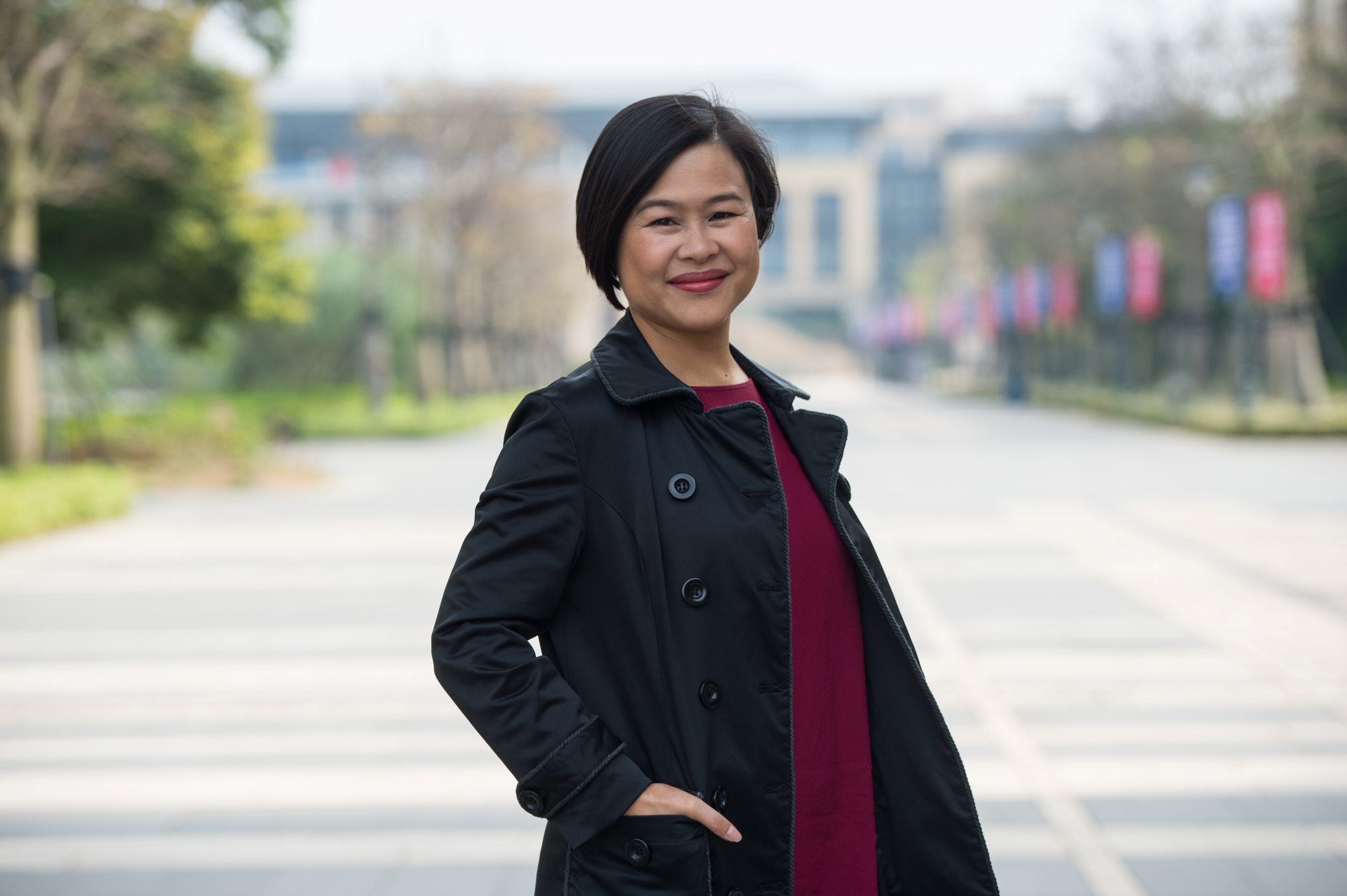
Kuok, who dropped out of the workforce when daycares closed, believes that the responsibility of childcare still mainly falls on women due to an innate desire by some mothers to care for their children. In addition, she says, society expects men to be the breadwinners and develop successful careers.
When her daughter was born, for example, Kuok stayed home to take care of the baby. The decision made sense for her family, since her husband earned more money and the couple did not wish to hire a full-time caretaker due to the financial burden.
However, if their roles were reversed and she was the primary earner in the family, Kuok says she probably would have made the same decision. “As a mother, I want to take care of my baby myself.”
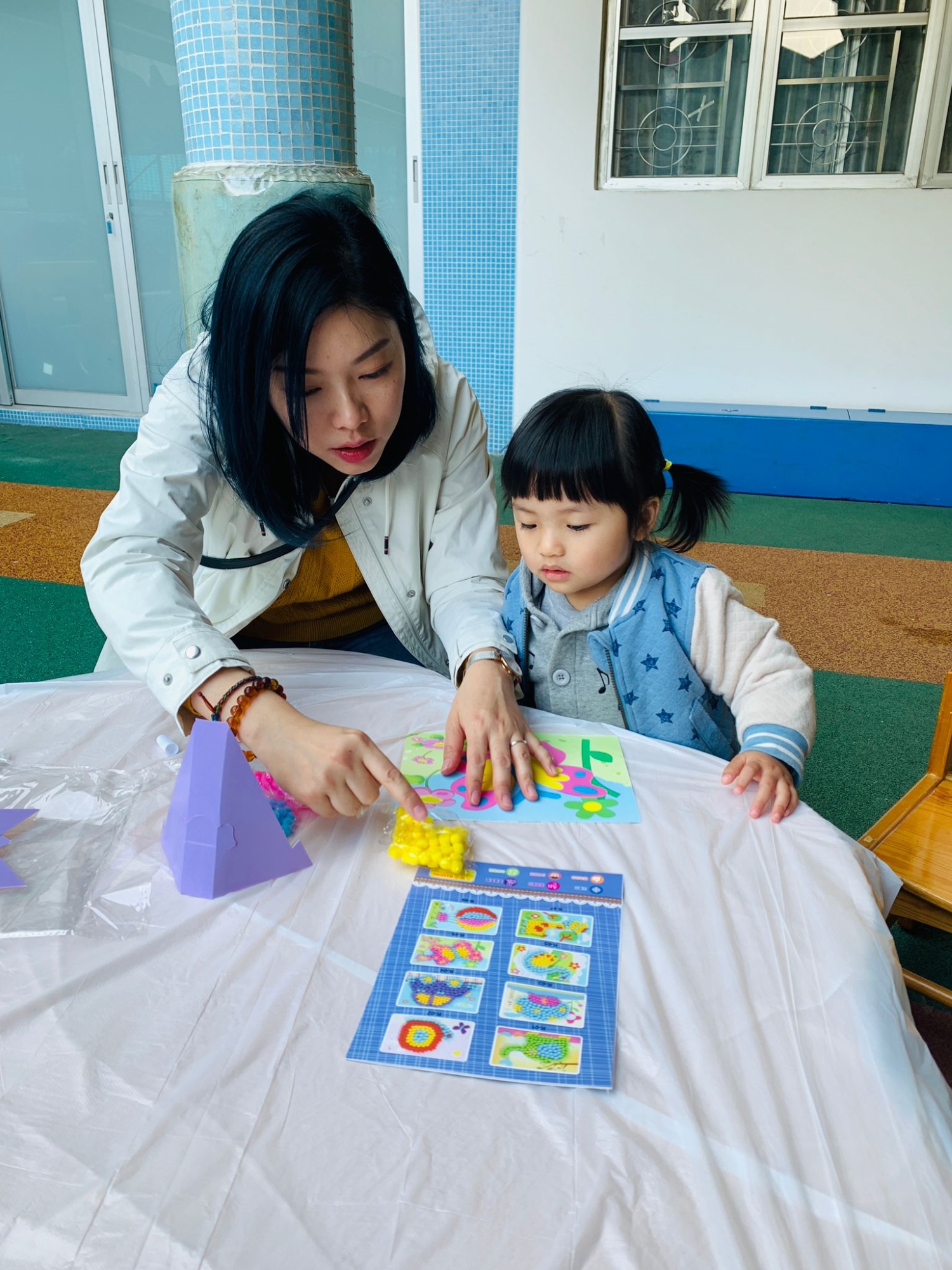
Conflicting experiences among women
Since Macao has recorded fewer Covid-19 cases than many other locales, roughly 82 total infections as of 9 March, Silva believes that the pandemic has likely impacted women less here than other places in the world.
Still, she says, Macao remains a highly stratified society and migrant women, in particular, are feeling the pressure. “I know that certain jobs, such as domestic help and work in the hospitality sector, are typically done by women. If we take into consideration that a large portion of those jobs are done by non-residents then we see an issue and effect of the pandemic on those people, specifically.”
The Labour Affairs Bureau recently revealed that a third of non-resident workers employed by gaming operators lost their jobs during the pandemic. Figures also show that there are now 25,000 fewer non-resident workers across all sectors compared to the end of 2019.
Murni Denize, an Indonesian national in her 40s, is among those whose work has been impacted by the pandemic. Working as a freelance tour guide for various travel agencies since 2011, Denize is armed with tourist licences in three languages (Indonesian, English and French). Business was going well until 2019.
“I lost about 90 per cent of my bookings that month because groups were suddenly cancelling after they heard about the virus,” she says. “And before that, it was already not good because of the protests in Hong Kong. Double trouble.”
Denize, a mother of two, does not believe that being a woman has impacted her job prospects, but she has observed prevailing gender stereotypes in Macao. “It’s more difficult for us [women], because some people still think of men as the head of the family, so they will be prioritised when being considered for jobs.”
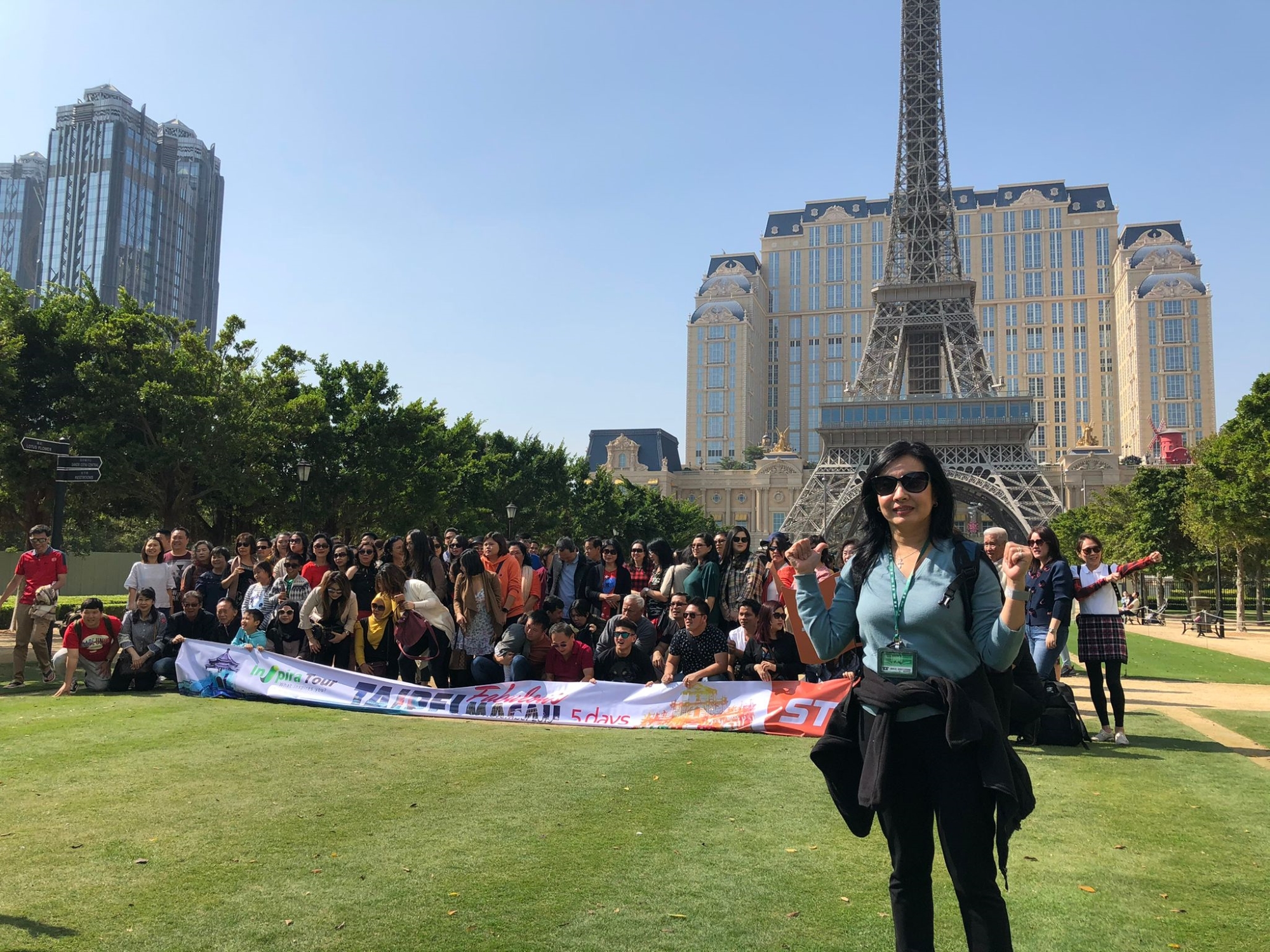
Ageism also plays a role, according to Murni, who believes that it is more difficult for married women in their 40s and 50s to find jobs because some assume that married women don’t need to work. “When some companies see that a woman has a husband, they will assume that she is taken care of already, so they will rather give the position to a man,” she observes.
Efforts to promote equality
Silva says that some advancements have been made in Macao recently to achieve gender parity. For example, the government increased mandatory maternity leave from 56 to 70 working days in 2020 (the first increase in a decade), though this figure remains significantly less than the 98 days recommended by the ILO, and five working days for paternity leave. In Hong Kong, statutory maternity leave is 14 weeks (or roughly 70 working days), while paternity leave is five working days.
Commenting on Macao’s parental leave, Silva says Macao is “not as generous as other places”. In Lithuania, for example, fathers can take up to 30 calendar days off work after the birth of a child, while Sweden lets parents divide 480 days of paid parental leave between themselves.
Silva argues that paternity leave is crucial in decreasing discrimination against women in the workplace. If both men and women took time off after welcoming a new child, she says, employers will have fewer reasons to favour hiring men. “After all, when a couple has a child, it’s not just the woman who becomes a parent but the man as well,” she adds.
Macao still has ways to go in order to achieve “perfect gender equality”, says Silva. At present, the government has invested in women’s literacy and education levels to promote equality in the long-term, while others, including the UN, encourage “positive discrimination” to speed up progress.
“That means that instead of letting things naturally evolve, implementing policies that favour women in terms of promotions, political participation, etc,” Silva explains. “This may present issues in terms of fairness, though. I don’t think there’s an absolute perfect solution just yet.”
In terms of damage caused by the Covid-19 pandemic, specifically, the ILO outlined several recommendations in its “Building Forward Fairer” plan, which aims to help women around the world regain ground after the pandemic subsides.
The suggestions include investing in the care industry – health, social work, and education sectors – where women comprise the majority of employees, promoting equal pay for work of equal value, and encouraging women’s participation in decision-making bodies and other social institutions.
